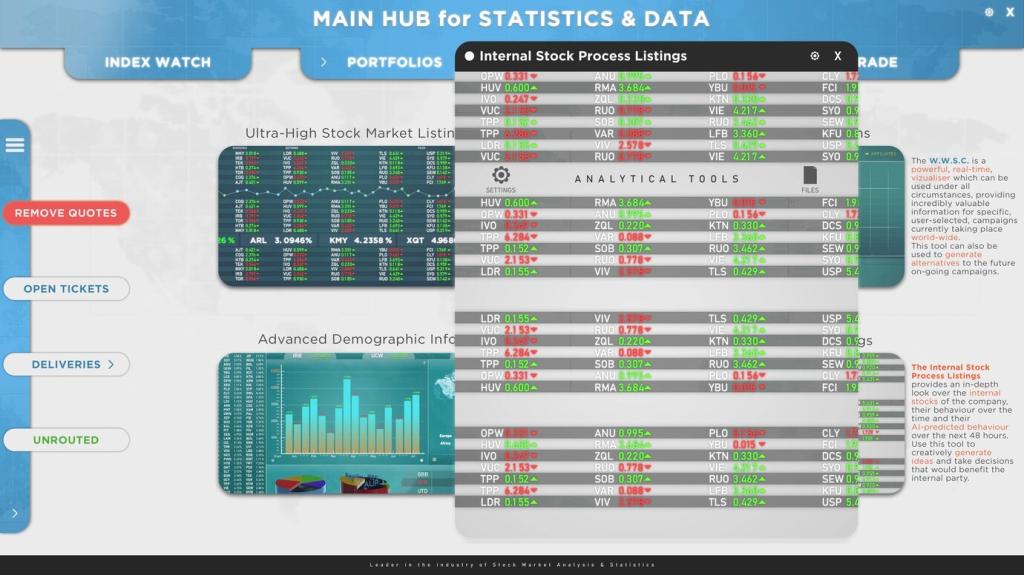Case Studies and Red Flags
One family chose a document mill promising speed; their assets never made it into the trust, and probate followed. Another chose an advisor who insisted on a funding checklist and follow-up calls; their plan worked smoothly. The difference was not glamour—it was process, diligence, and accountability.
Case Studies and Red Flags
Beware guaranteed results, pressure to sign quickly, evasive answers about fees, or one-size-fits-all trusts for every client. If communication feels dismissive or rushed, keep looking. Comment with any red flags you have encountered so our community can learn together and build a stronger checklist.








